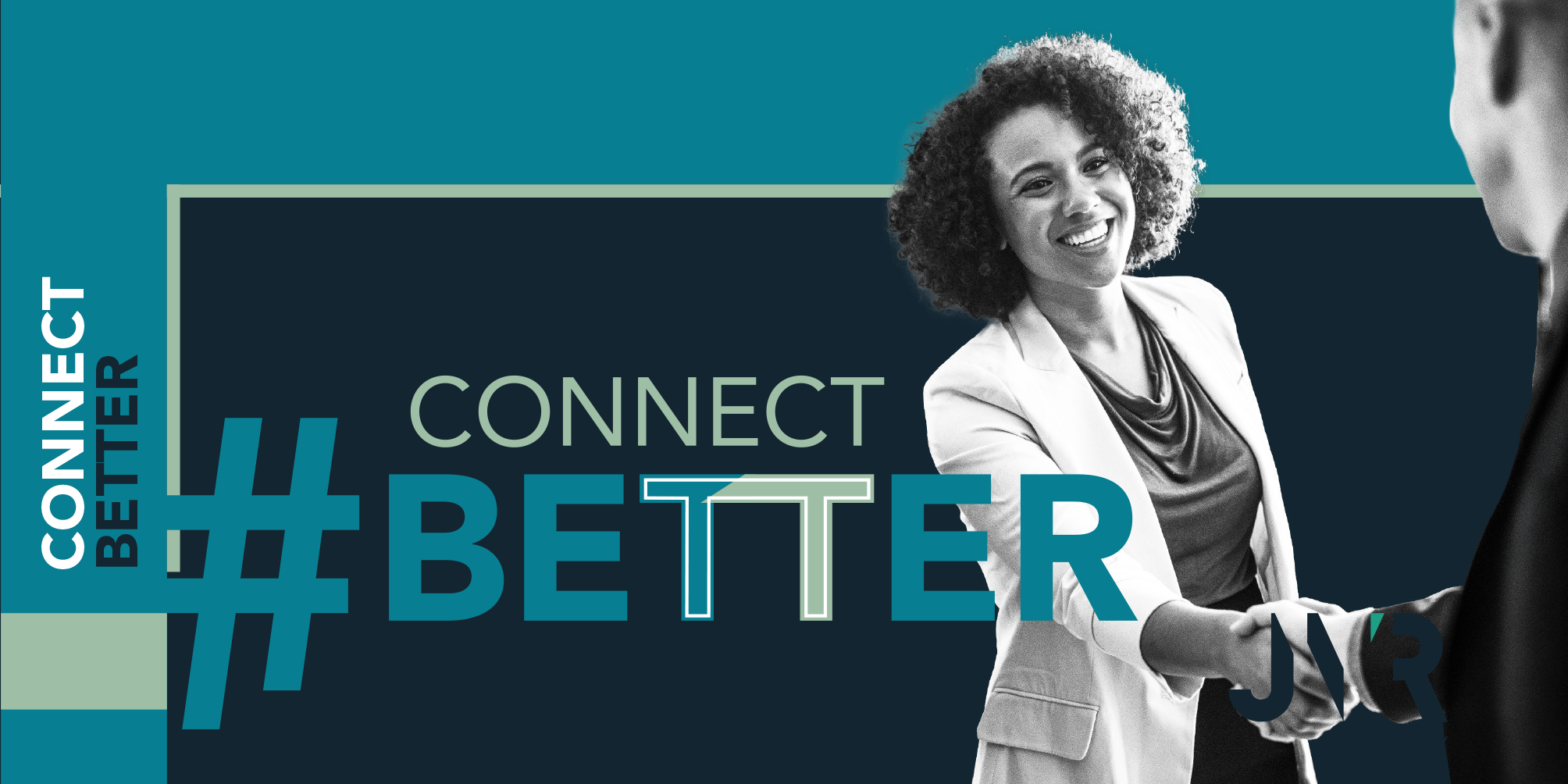In today’s world of instant information and non-stop digital content, one critical skill stands out as more essential than ever: the ability to exercise good judgment when consuming information online. Whether it’s a news article, a social media post, or a forwarded message from a friend, how you process and evaluate what you read can shape your beliefs, decisions, and actions—for better or worse.
One of the most damaging examples of poor online judgment occurred during the early days of the COVID-19 pandemic. A viral conspiracy theory falsely claimed that 5G technology caused the spread of the virus. Despite no scientific evidence, this claim spread rapidly across social media platforms.
The result? In the UK and parts of Europe, dozens of 5G cell phone towers were vandalised or set on fire by people acting on this false information. This not only caused significant damage to infrastructure but also disrupted communication networks—ironically, when reliable communication was most needed during the pandemic. It also fuelled public fear and distracted from genuine public health efforts to control the virus.
So, how do we make sure that what we believe is actually true?
How to exercise good judgment when reading online
Check the source
Always ask: Where is this information coming from? Is it a well-established, reputable news organisation or a random blog or anonymous post? Trusted sources such as international news agencies (e.g. Reuters, BBC, Associated Press) or academic institutions tend to follow strict editorial and fact-checking procedures.Look for evidence
Reliable information is usually backed by facts, data, and expert opinion. Be wary of articles that make bold claims without linking to original research or credible studies. If it sounds too outrageous to be true—it probably is.Beware of emotional manipulation
Sensational headlines or emotionally charged language (“SHOCKING,” “YOU WON’T BELIEVE”) are common tactics used to grab attention rather than inform. When your emotions are triggered, your critical thinking can be bypassed.Cross-verify with multiple sources
One way to spot false or misleading information is to see if other reputable outlets are reporting the same thing. If only one dubious site is running the story, that’s a red flag.Check the date
Sometimes old news is reshared as if it’s new, misleading people about the current situation. Always verify the publication date to ensure the relevance of the content.Pause before you share
Before you click “Share” or “Forward,” ask yourself: Am I sure this is true? Could this potentially cause harm or spread misinformation? A moment of pause can prevent the spread of lies.
What happens when people exercise poor judgment?
Poor judgment in evaluating online content can have serious consequences:
Personal embarrassment from sharing false information.
Damaged relationships when friends or colleagues lose trust in your judgment.
Public panic or fear, as seen when fake health information or disaster warnings go viral.
Financial harm, such as people falling for online scams or investment fraud based on misleading claims.
Harm to society, such as undermining trust in institutions or spreading political misinformation that influences elections.
In closing: The power of mindful reading
In an age where information can make or break societies, good judgment is not optional—it’s essential. Every time you read, question, verify, and think critically, you contribute to a healthier, more informed digital world. When you fail to do so, the risks are not only personal but global.
So next time you scroll, read carefully. Think deeply, and always—pause before you share.
Further reading
Lewandowsky, S., Ecker, U. K. H., & Cook, J. (2017). Beyond misinformation: Understanding and coping with the "post-truth" era. Journal of Applied Research in Memory and Cognition, 6(4), 353–369. https://doi.org/10.1016/j.jarmac.2017.07.008
Vosoughi, S., Roy, D., & Aral, S. (2018). The spread of true and false news online. Science, 359(6380), 1146–1151. https://doi.org/10.1126/science.aap9559
World Health Organization. (2020, April 17). Infodemic management: A key component of the COVID-19 global response. https://www.who.int/news/item/23-09-2020-managing-the-covid-19-infodemicchrome-extension://efaidnbmnnnibpcajpcglclefindmkaj/https://iris.who.int/bitstream/handle/10665/331775/WER9516-145-148-eng-fre.pdf. Weekly Epidemiological Record, 16, 145-148.
Share this post
Newsletter
Get up-to-date industry news right in your inbox



